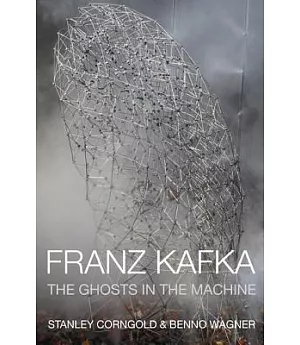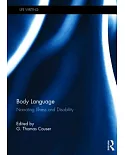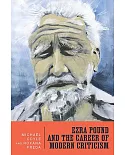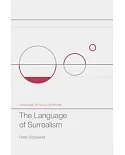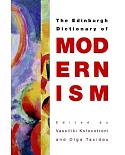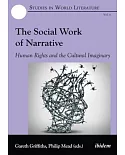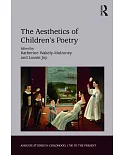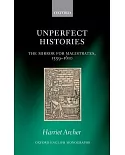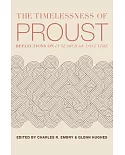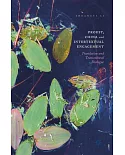Franz Kafka: The Ghosts in the Machine adds an original critical framework to the work begun by Stanley Corngold and Benno Wagner in their monumental collection Franz Kafka: The Office
Writings (2008). It is widely acknowledged that Kafka’s daytime occupation as a specialist in industrial accident insurance contributed in a significant way to his fiction.
Corngold and Wagner frame Kafka’s writings as cultural events, each work reflecting the economic and cultural discourses of his epoch. In pursuing Kafka’s avowed interest in the theory and
practice of insurance, the authors view the two systems of his literary worlds—the official and the personal—as a “bundling” together of the various cultural accidents of Kafka’s time. The
work of two of the leading scholars of the single most influential writer of literary modernity, Franz Kafka: The Ghosts in the Machine constitutes a breathtakingly original advance in the
study of both the more famous and less well-known works of this enigmatic master.

